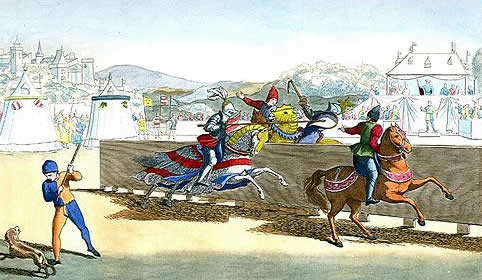Late Middle Ages
The period of European history during 14th to 16th century (1300-1500) is considered as the Late Middle Ages. At the end of 13th century, Europe faced a series of famines and plagues including the Great Famine during 1315 to 1317 and the Black Death. Because of these natural disasters, the population of Europe got reduced … Read more

